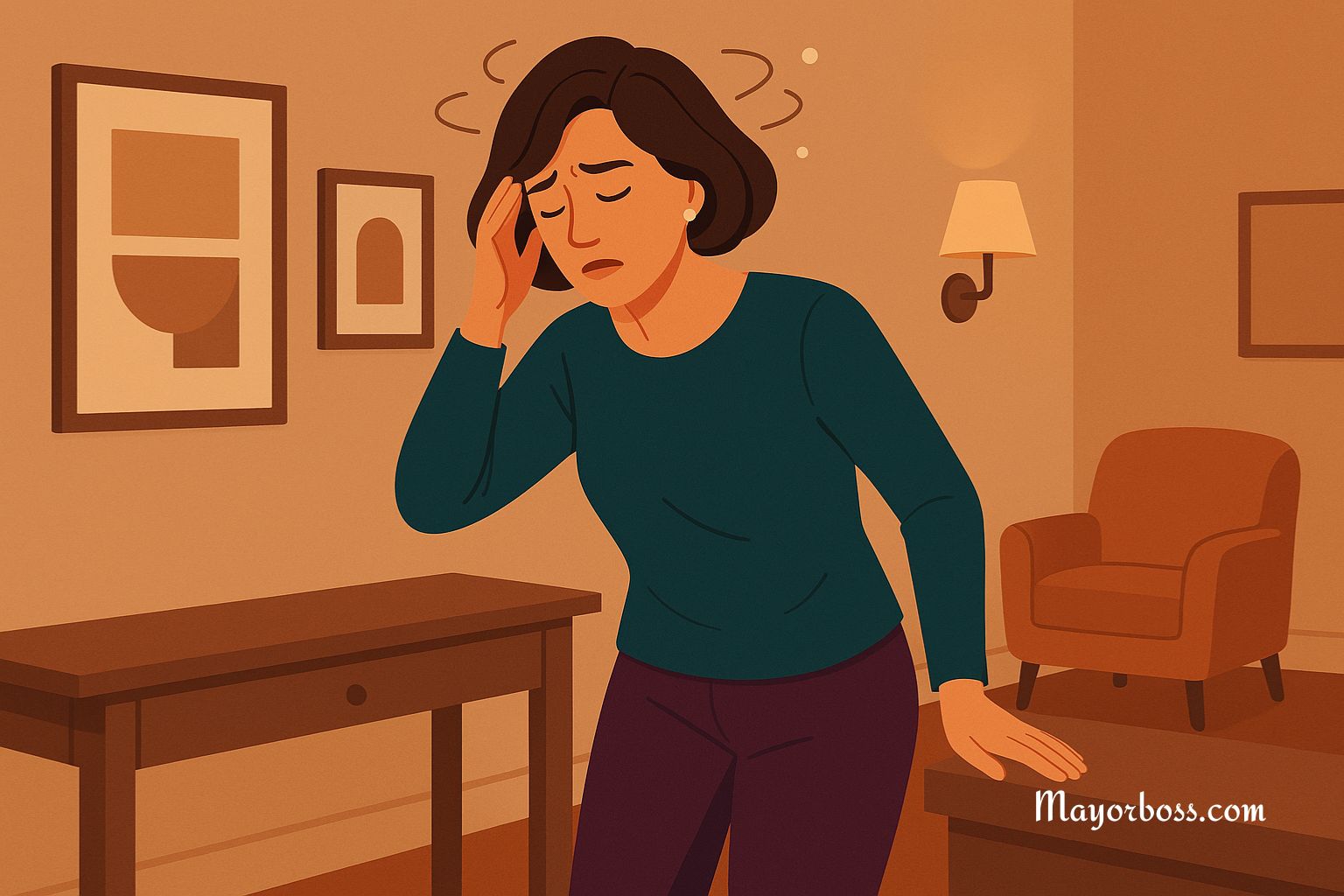How Can I Stop Eating Too Much Sugar?
At first, you might be wondering, “Why is sugar a problem? It tastes so good!” It turns out sugar is a major culprit in many health issues, including diabetes, obesity, and heart disease, among other things. However, it’s not all doom and gloom. You have the power to reduce your sugar intake, and I’m going to guide you on this journey.
How Can I Stop Eating Too Much Sugar?
Because sugar is so prevalent in our diets, kicking the habit can seem daunting. But, the good news is, it’s entirely possible with the right approach and strategies.
Understanding the Impact of Sugar
More often than not, we underestimate the health impacts of excessive sugar consumption. Due to the fact that sugar is often hidden in our foods and drinks, we end up consuming more than we realize. Over time, this can lead to serious health issues such as diabetes, tooth decay, heart disease, and obesity. Hopefully, knowing these facts will motivate you to make a change.
For example, the World Health Organization recommends that adults should keep their sugar intake below 5% of their total energy intake. Even this might be a challenging feat considering the amount of hidden sugar in our food system. So, it’s essential to start taking note of your consumption habits.
Identifying Hidden Sugars
Another factor that might surprise you is the amount of hidden sugar in our diets. It turns out sugar isn’t only in sweets and desserts. They’re also found in many processed foods, including those marketed as “healthy.”
Below is a table that outlines some common foods and their hidden sugar content:
| Food Item | Hidden Sugar Content |
|---|---|
| Flavored Yogurt | Up to 19g per serving |
| Canned Pasta Sauce | Around 12g per half-cup |
| Granola Bar | Anywhere from 7-12g per bar |
| ‘Healthy’ Breakfast Cereal | Can contain up to 20g per serving |
| Salad Dressing | It varies, but some have up to 5g per tablespoon |
Not only that, but sugar can be disguised under different names on ingredient lists, such as corn syrup, fructose, sucrose, and maltose. If you want to effectively reduce your sugar intake, learning to identify these hidden sugars is key.
Please note that the sugar content values are averages and can vary greatly depending on the specific brand or product. Always check the nutrition facts and ingredient list on the packaging for the most accurate information.
Implementing Substitution Strategies
Usually, going cold turkey on sugar isn’t the best approach. Because sugar addiction is a real phenomenon, withdrawal can lead to unpleasant side effects like headaches, fatigue, irritability, and cravings. That said, substituting refined sugar with healthier alternatives can be an effective strategy.
Here’s a table that lists some healthy alternatives to sugar, along with their sweetness relative to sugar:
| Sugar Alternative | Sweetness Compared to Sugar |
|---|---|
| Stevia | Up to 300 times sweeter |
| Monk Fruit Extract | 100-250 times sweeter |
| Erythritol | About 70% as sweet |
| Xylitol | Comparable to sugar |
Among other things, you could consider using these natural sweeteners. They are often much sweeter than sugar, so you’ll need less, and they don’t have the same negative health impacts. If you’d like to go a step further, focus on getting your sweetness from fruits, which provide essential fiber and nutrients alongside natural sugars.
Maintaining a Balanced Diet
However, it’s not enough to just remove sugar from your diet. If you want to improve your overall health, you need to maintain a balanced diet. Including a variety of foods rich in protein, fiber, and healthy fats can help to keep you feeling full and satisfied, which can reduce sugar cravings.
Also, regular physical activity is a vital component of a healthy lifestyle. Exercise can help to regulate your appetite, boost your mood, and even reduce cravings for sweets.
Making it a Lifestyle
Even with all these strategies, the most critical part is making it a lifestyle change. It’s not about deprivation but about creating a healthier relationship with food where sugar doesn’t control your choices. No doubt, it’s a challenging journey, but the rewards are well worth it.
So, are you ready to take on the challenge of reducing your sugar intake? The benefits of a low-sugar lifestyle are compelling, and it’s never too late to start.
Hopefully, this guide has given you the knowledge and tools you need to embark on your journey to a healthier, sugar-free life. Remember, it’s not about perfection but progress. If you slip up, just get back on track. Over time, you’ll notice the changes – increased energy, improved mood, and overall better health. That is enough to say a life with less sugar is a life with more health.
Further Reading: 5 Warning Signs That You Are Eating Too Much Sugar






